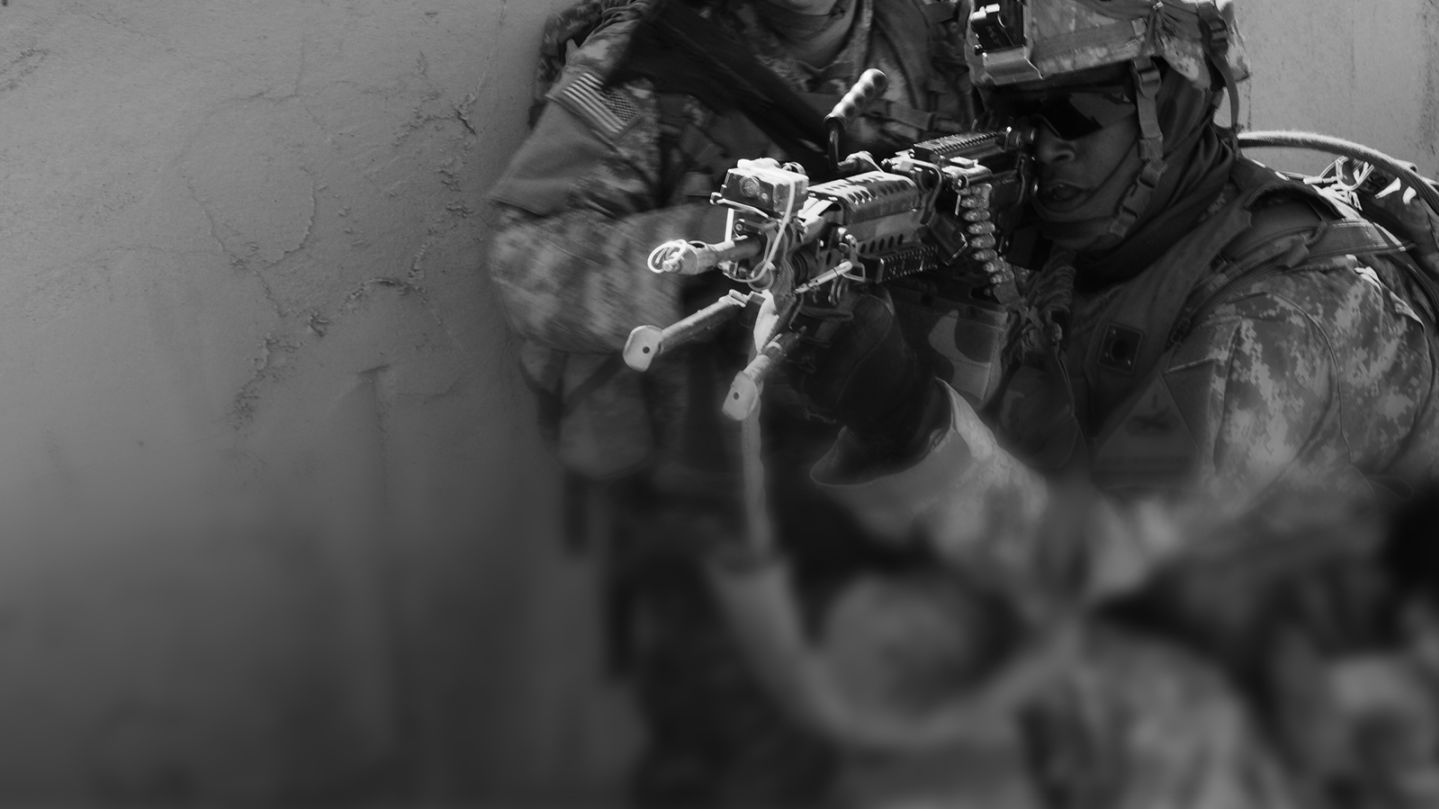Story highlights
Warning comes after an international tribunal ruled against China's South China Sea claims
U.S. says close calls between U.S. and Chinese warships growing more frequent
Secretary of State John Kerry says U.S. does not take sides in territorial dispute
The U.S. will continue freedom of navigation operations in the South China Sea, a senior Navy officer says, as the region continues to react to a landmark Hague ruling on territorial claims in the disputed waters.
The Obama administration has made it “absolutely clear” to China that the U.S. will continue engaging in flights and naval activities in the disputed waters despite objections from Beijing, Chief of Naval Operations Adm. John Richardson said Tuesday.
This month, an international tribunal in the Hague deemed the bulk of China’s territorial claims in the South China Sea to have no legal basis under the UN Convention on the Law of the Sea. The case was brought by a fellow South China Sea claimant, the Philippines. China immediately dismissed the court decision as “null and void” and said it would not affect its claims.
U.S. ‘does not take a position’
Speaking in Vientiane, Laos, following the ASEAN Regional Forum, U.S. Secretary of State John Kerry said that the peaceful settlement of disputes in the South China Sea is “absolutely critical.”
The U.S. “does not take a position on the side of one claimant or another claimant,” Kerry added.
“What we are pushing for is absolute support for rule of law, for the legal process, and for diplomacy to work out the differences that people have.”
Kerry said he had a “constructive meeting” on how the U.S. and China would proceed on this issue with Foreign Minister Wang Yi at the Forum.
Relationship ‘progressing’
Richardson, who just returned from a visit to China, said that he also made clear to his Chinese counterpart that any attempt by China to declare an air identification zone, or ADIZ, over the South China Sea, or efforts to build artificial islands in the Scarborough Shoal in disputed waters closer to the Philippines, were “clearly identified as concerns” for the US.
Richardson said that as close calls between US and Chinese warships grow more frequent, US and Chinese protocols for such encounters have been effective at avoiding escalation or misunderstanding.
Altogether, he said, “I see the relationship as progressing rather than at an impasse.”
CORRECTION: This story has been updated to correct the name of Chief of Naval Operations Adm. John Richardson.
CNN’s James Griffiths contributed reporting from Hong Kong.


















